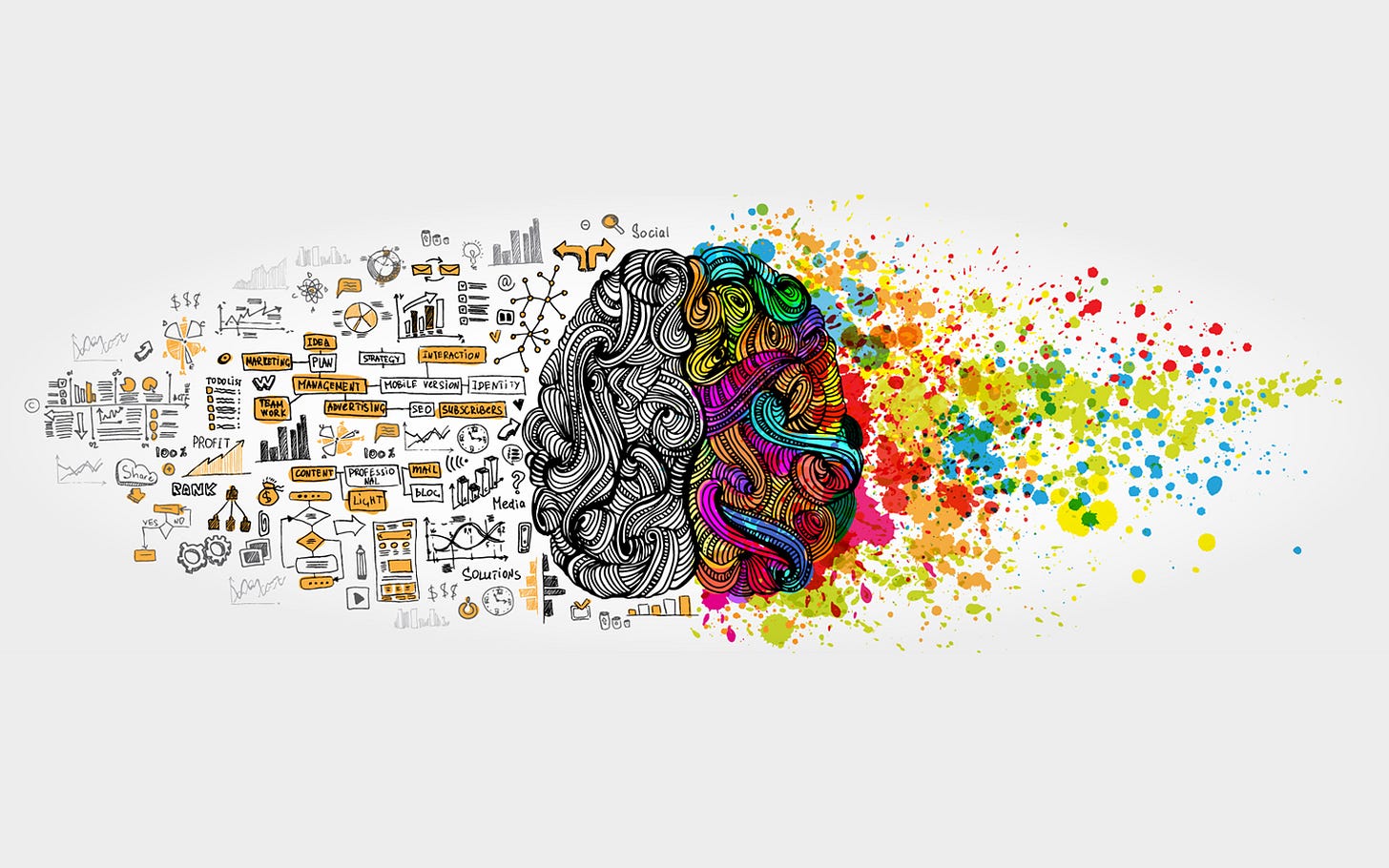Behavioural science is a branch of science that studies human actions and behaviour. It encompasses various disciplines, including psychology, neuroscience, economics, sociology, anthropology, and political science, among others [1][2][4]. The field aims to understand how humans make decisions in real-world situations by examining the influence of emotions, environment, and social factors [2].
Behavioural science is characterised by its interdisciplinary approach, combining methodologies from the natural and social sciences. It often involves experiments, such as randomised control trials, to make causal inferences about the mechanisms driving human behaviour[2][3]. This allows behavioural scientists to explore systematically cognitive processes like decision-making and communication [2].
The field has practical applications in business, healthcare, and public policy. For example, it is used to design interventions that can influence consumer behaviour or improve organizational efficiency [1][2]. Behavioural insights are also applied to public health initiatives to promote better health outcomes by understanding the drivers of health-related behaviours[5].
Now for the reality of how new powers are often utilised. With much of behavioural science's understanding invisible to the public, it could be conceived that its insights could be used to influence the public without their knowledge or consent. One case in point is the Mindspace document, which can be found with a simple internet search using “government and gov. " The document admits to “influencing behaviour through public policy.”
During the pandemic, we witnessed compliance with government and institutional advice beyond any PR man’s dreams. However, this comes with a significant risk; if the information being pushed is incorrect, whether by accident or intentionally, we could witness disasters on a level previously unseen. Angus Dalgleish talks of our time as the death of science, to which he has authored a book of the same name. Could the power of influence obtained from behavioural science have played a role in this idea?
Where do we go from here? I think it is important that people understand behavioural science and how it affects them daily. This science, which holds incredible power, may enable the public to have greater control over their own lives and regain their power, which is being removed from them and centralised into governments and institutions over time.
Studying behavioural science has enriched my life and my understanding of people and how the world works. I hope the reader experiences the same.
Citations:
[1] https://en.wikipedia.org/wiki/Behavioural_sciences
[2] https://www.optimizely.com/optimization-glossary/behavioral-science/
[3] https://blogs.lse.ac.uk/behaviouralscience/2016/05/24/what-is-behavioural-science-at-the-lse/
[4] https://www.britannica.com/science/behavioral-science
[5] https://www.who.int/initiatives/behavioural-sciences
[6]
[7] https://www.merriam-webster.com/dictionary/Behavioral%20science
[8] https://blog.skooldio.com/what-is-behavioural-science/





as an aside..people of the uk as im sure you are aware of a recent petition on the uk parliament petition page concerning having another election currently has approaching 3 million signatures and rightly so..be very aware theres a seperate petition on the uk parliament petition page that you must read....make breaking a manifesto against the law and trigger a general election..it currently has well over 36.000 signatures it needs a minimum of 100,000 signatures to get it debated in parliament..do consider signing it and most importantly also consider resharing it widely all over the uk with as many like minded people and groups as you possibly can and be sure to ask each one of them to also consider signing it and resharing it widely in exactly the same way